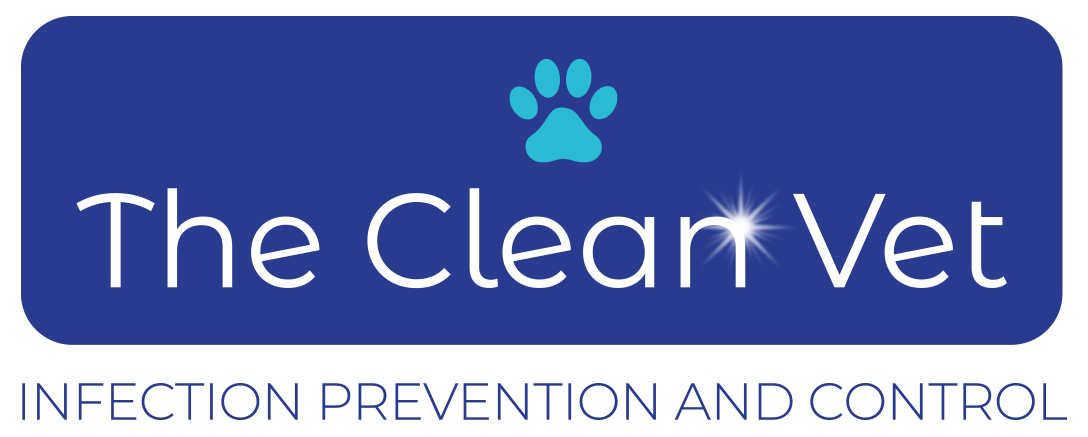Veterinary IPC Manuals
AVA Guidelines for veterinary personal biosecurity (2017)
Wildlife Health Australia National Wildlife Biosecurity Guidelines (2018)
Antimicrobial stewardship (AMS)
World Veterinary Association Essential Veterinary Medicines List for Food Producing Animals (2024) - core list of medications, including antimicrobials to contribute to the global response of antimicrobial resistance.
Australian Veterinary Prescribing Guidelines - University of Melbourne - Includes AMS, Companion Animal, Equine and Bovine Guidelines,
WHO List of Medically Important Antimicrobials (2024)
Hand Hygiene
Australian Commission on Safety Quality and Health Care National Hand Hygiene Initiative
Australian Commission on Safety Quality and Health Care National Hand Hygiene Initiative User Manual
Occupational Dermatology Research and Education Centre, Australia What to do when healthcare workers develops dermatitis flowchart
World Hand Hygiene Day 2024 (Veterinary Poster ACIPC)
Guidelines
Australian Guidelines for the Prevention and Control of Infection in Healthcare
Center for Disease Control and Prevention: Information for veterinarians
2024 guidelines for the vaccination of dogs and cats – compiled by the Vaccination Guidelines
Group (VGG) of the World Small Animal Veterinary Association (WSAVA)
Emergency Animal Diseases
CSIRO Australian Centre for Diseases Preparedness
Angela's Publications
Willemsen, A., et al. (2019). "Infection control practices employed within small animal veterinary practices-A systematic review." Zoonoses Public Health 66(5): 439-457.
ABSTRACT Hand hygiene is one of the most important infection prevention and control strategies to reduce pathogen transfer in healthcare settings. While there are dedicated evidence-based hand hygiene interventions and protocols to support human healthcare providers, there are no comparable resources to support veterinary care. A pilot trial for the implementation of a hand hygiene education and compliance program was conducted in six heterogenous small animal veterinary practices. Hand hygiene compliance was evaluated using a standardised and validated program, based on the World Health Organization’s 5 Moments for Hand Hygiene program. Veterinary Nurse Champions undertook dedicated hand hygiene training and were supported by the first author throughout the pilot trial. Hand hygiene compliance was low (14%) pre-trial, improved to 46% after the six-week trial period and remained at 35% six months after conclusion of the trial. Compliance for all five Moments improved compared to the pre-trial period in the immediate post-trial period. Of the five Moments, there was a statistically significant increase in compliance with Moments 3 (after a procedure/body fluid risk), 4 (after touching a patient) and 5 (after touching a patient’s surroundings) in the immediate post-trial period, however, by 6 months post-trial, only Moment 5 showed a significant improvement. Barriers to improvement included poor availability of hand hygiene products, lack of time due to clinical workload requirements, lack of awareness, and an ingrained workplace culture.
Willemsen, A., et al. (2022). A review of national action plans on antimicrobial resistance: strengths and weaknesses. Antimicrobial Resistance & Infection Control. 2022 Jun 23;11(1):90.
Willemsen, A., et al. (2024). "Are we doing enough to control infection risk in Australian small animal veterinary practice? Findings from a mixed methods study." Frontiers of Public Health 12: 1388107.
Podcasts
AMR Vet Collective (2022). Infection Prevention and Control
Vet Gurus (2024) Episode 350: Magic Brendan and Mark give the ACIPC Veterinary Foundations of Infection Prevention and Control Course a plug after speaking with us at the national AVA Conference.
Veterinary Ramblings (2025). From Bears To Infection Control with Angela Willemsen
